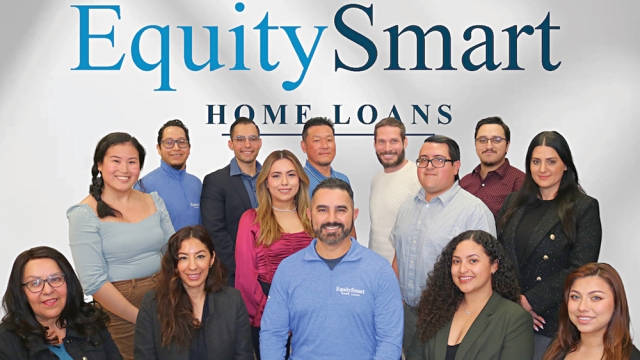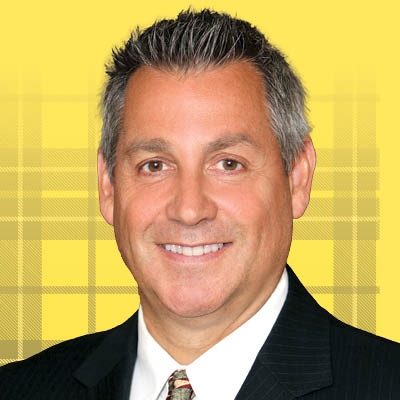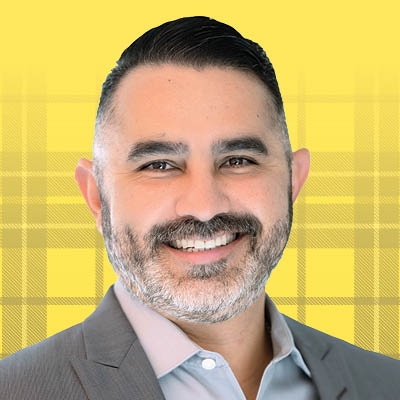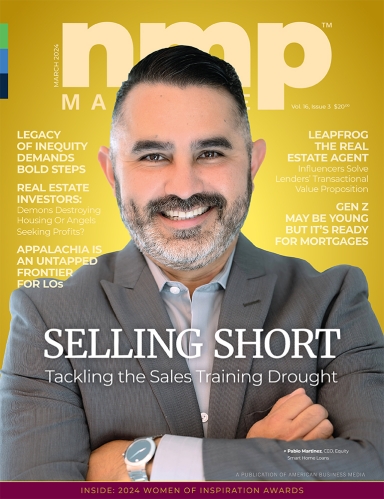Measuring ROI
Other than catching the attention of top producers in the industry or looking at performance levels for originators, there are other factors that can signify whether a training program is providing a sufficient return.
Turnover and retention are also important to consider since it’d be a shame to invest so much in training originators only to have them leave for another company. However, some training programs are built in a way that encourages turnover, so non-performing originators are filtered out like the NEXA Training Academy. On Facebook, tons of people include NEXA’s academy in their recommendations for new or experienced originators.
It may scare some new originators that NEXA Academy has a quota to fund one or two loans per month, or they’ll be let go. Especially since it usually takes months before originators can close their first loan. However, NEXA Academy Director Kristine Wake said there is some leeway for originators who are working hard but struggling to close on loans due to poor market conditions.
“Each trainee is assigned an instructor to evaluate their performance. If we see they are generating lots of business activities, such as going to open houses, calling Realtors, going to home buying seminars, and being active on social media, then the instructor will work with them on switching up strategies,” Wake said.
They also offer an accelerated program for originators returning to the industry or switching into the broker channel from retail. After completing six loans, those originators graduate from the program. The extended program is mainly for new LOs and includes a wide assortment of training content and team meetings with an instructor for personalized advice. After completing 12 loans, which Wake said takes six months, on average, those originators graduate.
Still, some originators on Facebook have expressed their dislike for giant Zoom calls with 40 or more people in them, but that’s a matter of preference. Anyone who thinks having to meet a quota is too much pressure as a new or returning originator would likely opt for Equity Smart’s approach, which aims to retain new recruits.
How does Martinez do that without losing money? He gets some help from his wholesale lender, United Wholesale Mortgage (UWM).
“If they haven’t closed a loan in a quarter, we let them know on the contract, we’re gonna remove you and put you on more free stuff,” Martinez said. “For example, we may remove them from Lending Pad and put them in Blink+, UWM’s [loan origination software] system, which doesn’t cost us anything.”
Overall, there’s no one-size-fits-all for training programs. Company leaders can follow the example set by Equity Smart Home Loans, NEXA, or even Schlotthauer’s newly developed training course called “The Complete Loan Officer” and use it as inspiration to build something new.
“We have enough to provide any loan officer a path or a blueprint to success if they want it. It’s up to them,” Martinez said. “We have actual loan officers that can attest to this and say, ‘Hey, I joined Equity Smart, and now I’m closing two, three, four loans a month.’ ”











